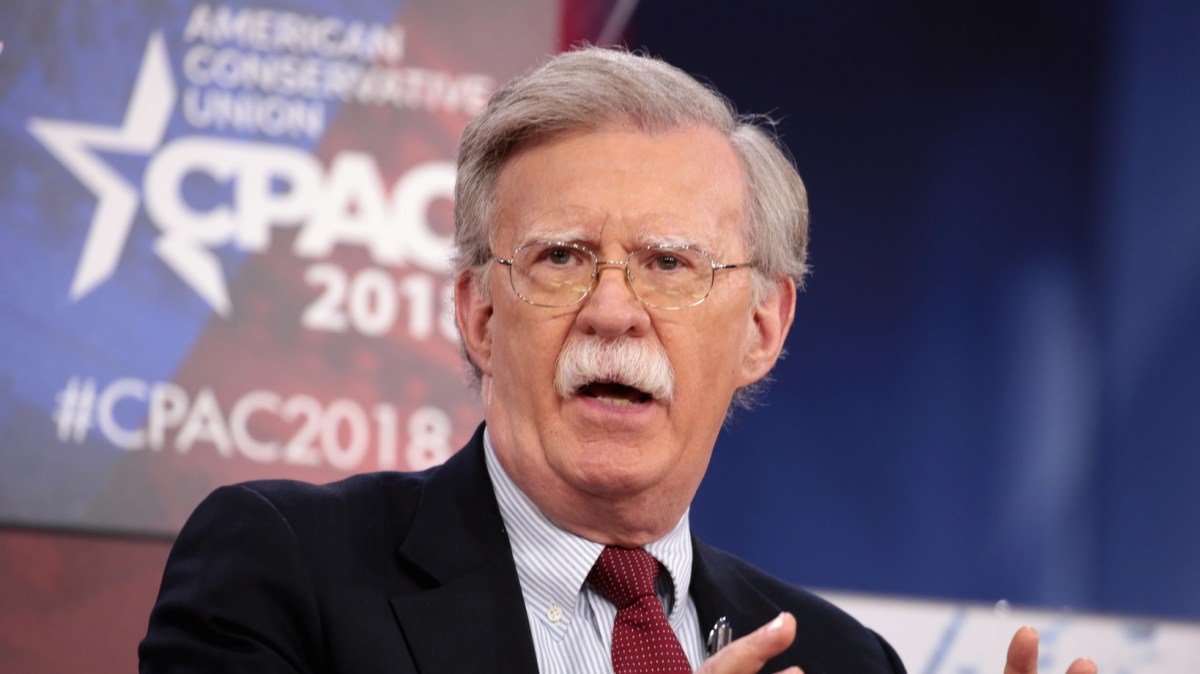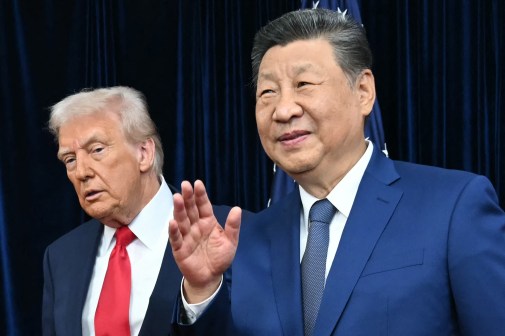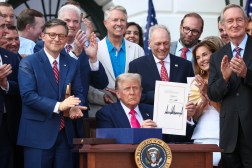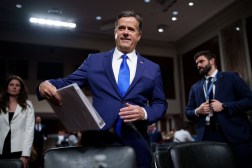Bolton confirms offensive cyber-operations conducted to protect midterms

Days before the midterm elections, the United States is undertaking offensive cyber-operations to protect against foreign interference, White House national security adviser John Bolton said Wednesday.
“We are right now undertaking offensive cyber-operations in connection with defending the integrity of our electoral process,” Bolton said at an event hosted by the Alexander Hamilton Society.
Bolton said it was “too soon to tell,” whether the offensive was affecting adversary behavior, but added that he expects attackers to realize a distinct uptick from how the previous administration conducted cyber-operations.
The operations were first made public and described by a New York Times story last month. According to the story, U.S. Cyber Command operators have sent direct messages to those who are conducting influence campaigns aimed at sowing discord in American society for the midterm elections.
The Department of Justice last month charged a Russian national for her alleged role in a Russian conspiracy to interfere in U.S. elections.
Government officials have been vocal since the 2016 election that Russia would again try to interfere in U.S. elections, particularly in 2018 and 2020.
Little is known about the offensive operation currently being conducted, but it is one of the first since the Trump administration rescinded Presidential Policy Directive 20, an intricate interagency legal and policy process for green-lighting cyberattacks. Critics said PPD-20 unnecessarily delayed offensive operations, while advocates called it an important mechanism for accounting for all of the potential repercussions of a cyberattack.
In his remarks, Bolton talked about how removing PPD-20 doesn’t mean offensive cyber-operations are suddenly “a no-holds-barred environment.”
“There’s still decision-making channels that we go through, and I think very carefully protected channels but the gridlock and the inability to do anything effectively has been eliminated,” he said.
You can view Bolton’s remarks on C-SPAN.
Sean Lyngaas contributed to this report.






